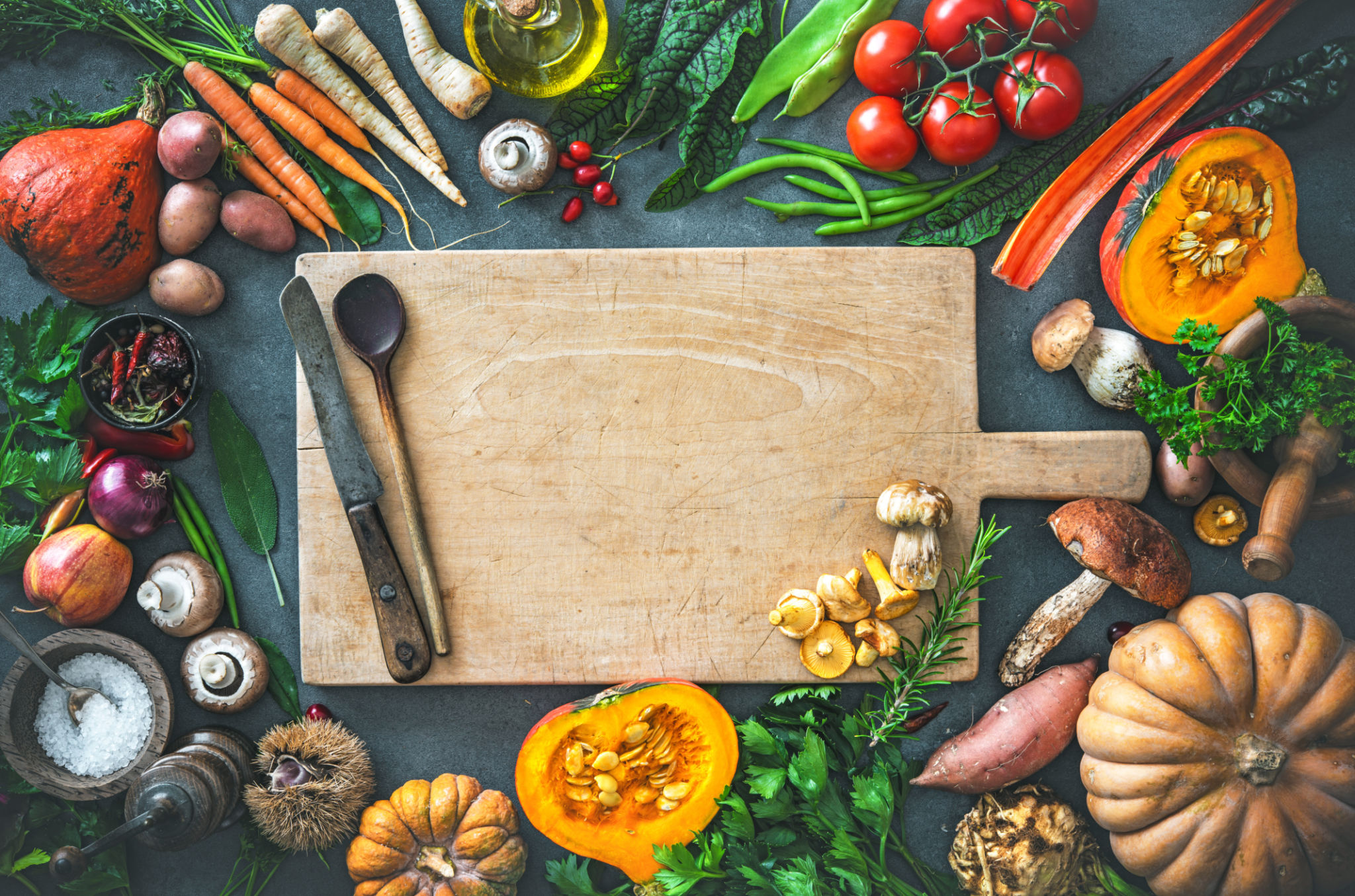Seasonal Menu Planning for Private Events: Tips from the Experts
Understanding Seasonal Ingredients
When planning a menu for a private event, utilizing seasonal ingredients is a key element for success. Not only do they ensure freshness and flavor, but they also tend to be more cost-effective and sustainable. Seasonal ingredients are at their peak both in terms of taste and availability, providing an opportunity to create dishes that resonate with the time of year.
Engage with local farmers or suppliers to understand what produce is in season. This can help you tailor your menu to include the freshest options while supporting local businesses. Additionally, seasonal ingredients often inspire creativity, allowing chefs to experiment with flavors and textures that highlight the best of each season.

Balancing the Menu
Creating a balanced menu is crucial for any event, as it ensures that all guests can find something they enjoy. Begin with a mix of appetizers, main courses, and desserts that offer a range of flavors and textures. Consider dietary restrictions such as vegan, vegetarian, or gluten-free options to cater to all guests.
It’s important to have a balance of light and hearty dishes. For example, in the summer, consider offering fresh salads, seafood, or grilled vegetables alongside richer options like pasta or roasted meats. In contrast, winter menus might feature warming stews or casseroles paired with lighter sides.

Incorporating Current Food Trends
Staying up-to-date with current food trends can elevate your event menu and create excitement among guests. Trends such as plant-based proteins, international flavors, or farm-to-table concepts can be seamlessly integrated into your seasonal menu planning.
Consult with chefs and culinary experts to identify which trends align with your event's theme and audience preferences. This can set your event apart and offer guests a unique dining experience that feels both modern and relevant.

Wine and Beverage Pairings
An expertly curated wine and beverage list complements the food menu and enhances the overall dining experience. When selecting beverages, consider seasonal cocktails that incorporate fresh ingredients, like fruits or herbs, which are in abundance at that time of year.
For wine pairings, choose options that complement the flavors of each dish. White wines might suit lighter fare such as salads or fish, while robust reds could accompany richer meats or pasta dishes. Consulting a sommelier can provide valuable insights into pairing choices that will delight your guests.
Presentation Matters
The way a dish is presented can greatly affect guests’ perceptions of the meal. Seasonal themes can be reflected not only in the ingredients but in the presentation as well. Use garnishes or plate designs that evoke the season, such as edible flowers in spring or warm colors in autumn.
Consider the venue's decor and ambiance when planning your presentation style. Coordinating table settings and dish presentations can create a cohesive experience that ties together the theme of your private event beautifully.

Continuous Feedback and Improvement
After every event, gather feedback from guests regarding the menu and overall dining experience. This feedback is invaluable for refining future menus and ensuring that your offerings meet guest expectations.
Regularly reviewing guest feedback allows you to adapt to changing preferences and continuously improve your menu offerings. This proactive approach can strengthen your reputation for hosting memorable events with exceptional culinary experiences.
